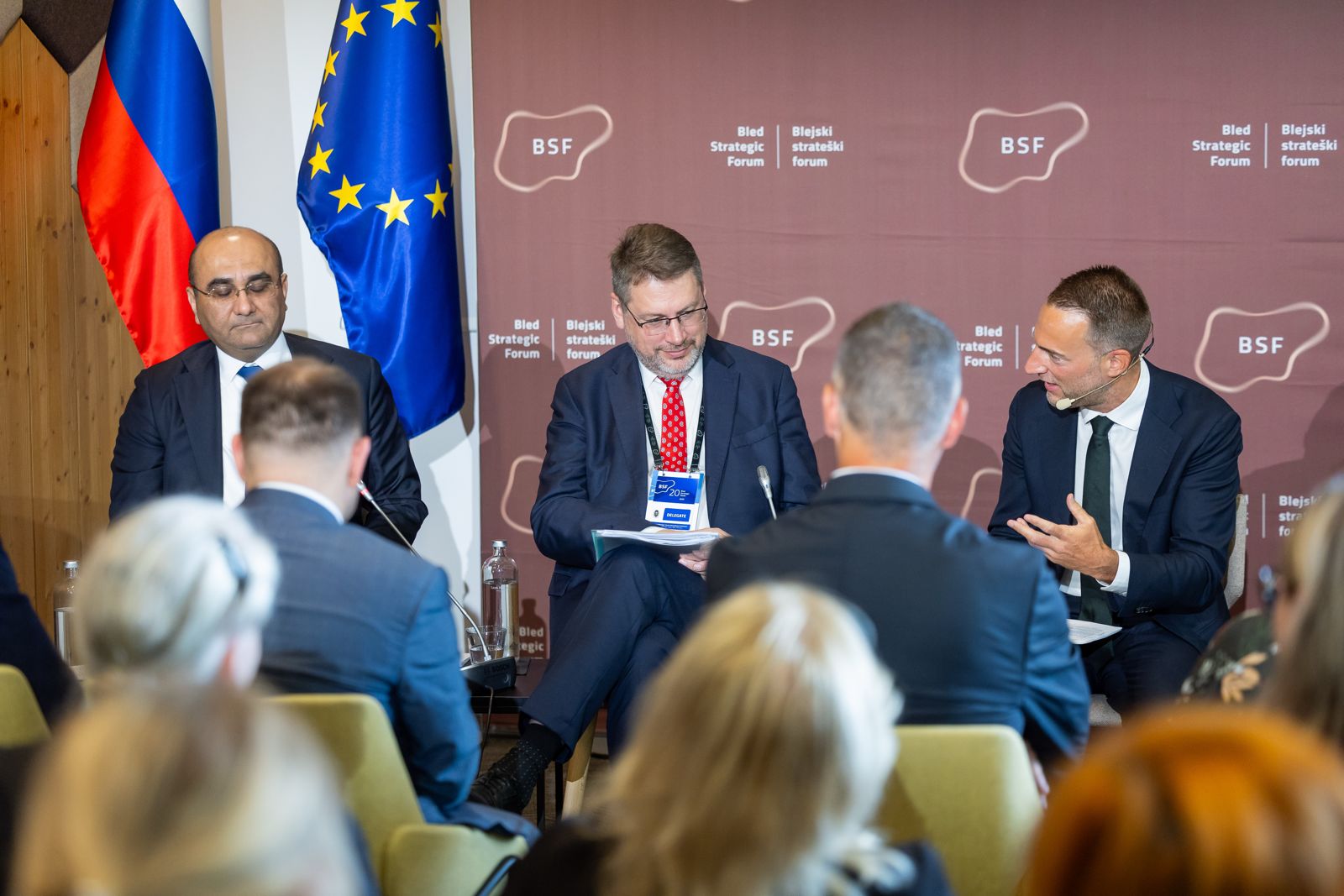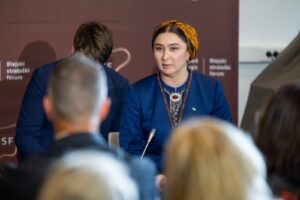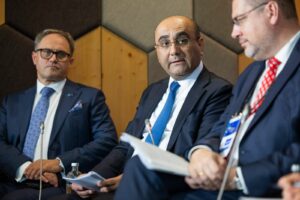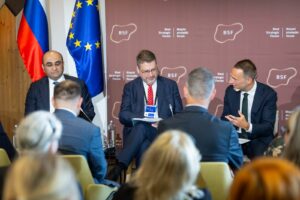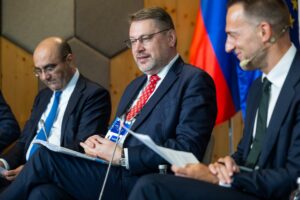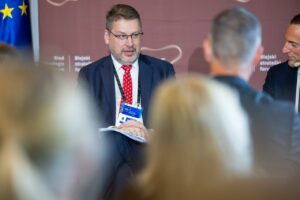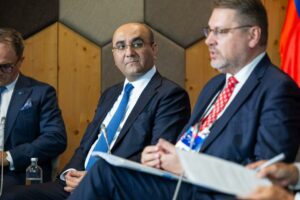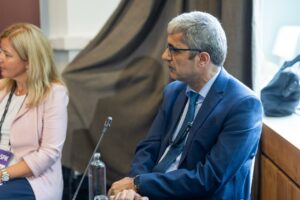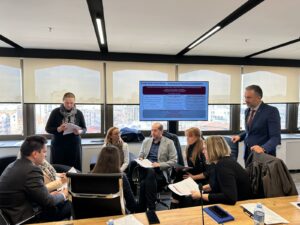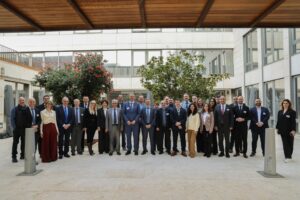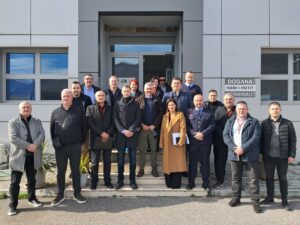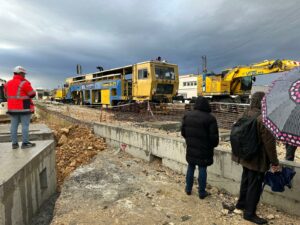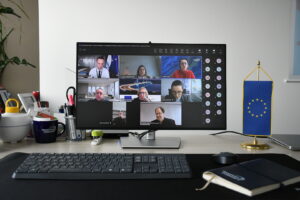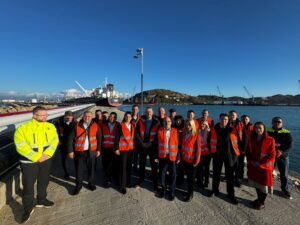BLED – At the 20th edition of the Bled Strategic Forum, on Tuesday, 2 September, a high-level panel titled “The New Centrality of Central Asia” shed light on the region’s growing role in reshaping global connectivity, trade, and geopolitics. The panel was moderated by Mr Matej Zakonjšek, Director of the Permanent Secretariat of the Transport Community.
Over the past decade, shifting geopolitics and geo-economics have disrupted established supply chains and energy dependencies. Since February 2022, Europe’s reliance on a single source has highlighted vulnerabilities and accelerated the search for new partnerships. In this context, Central Asia is re-emerging as a strategic hub, offering potential in energy diversification, sustainable transport, critical raw materials, climate adaptation, and human capital.
The panel brought together Ms Mahri Bashimova, Deputy Minister of Foreign Affairs of Turkmenistan, Mr Muzaffarbek Madrakhimov, Deputy Minister of Foreign Affairs of Uzbekistan, Ms Aleška Simkić, Ambassador of the European Union to Kazakhstan, Mr Eduards Stiprais, EU Special Representative for Central Asia, and Mr Roman Vassilenko, Ambassador of Kazakhstan to Belgium and Head of Mission to the EU and NATO.
Participants explored how Europe views Central Asia and how Central Asia views Europe through the lens of both opportunity and challenge. Several guiding questions framed the debate such as how stronger EU-Central Asia cooperation can overcome obstacles and deliver mutual benefits, what comparative advantages Europe offers compared to other major partners such as China, Russia, Türkiye, the United States, South Korea, and Japan, and how the EU and Central Asia can deepen cooperation in multilateral organisations, strengthen respect for international law, and jointly challenge power politics in pursuit of peace.
The discussion also emphasised the EU’s Global Gateway strategy, which foresees up to €12 billion of investments in Central Asia, with €10 billion potentially dedicated to the Middle Corridor, a route that is becoming a vital bridge between Europe and Asia.
In his closing remarks, Mr Zakonjšek underlined that Central Asia is not only a geographical crossroads but increasingly a centre of gravity in its own right. “Central Asia’s new centrality is not about where the region stands on the map, but the role it plays on the global stage,” he noted.
The panel concluded that building sustainable connectivity, strengthening multilateralism, and nurturing trust-based partnerships are key to transforming the EU-Central Asia relationship into one of long-term strategic significance.
Photo: Bled Strategic Forum/Akrze

